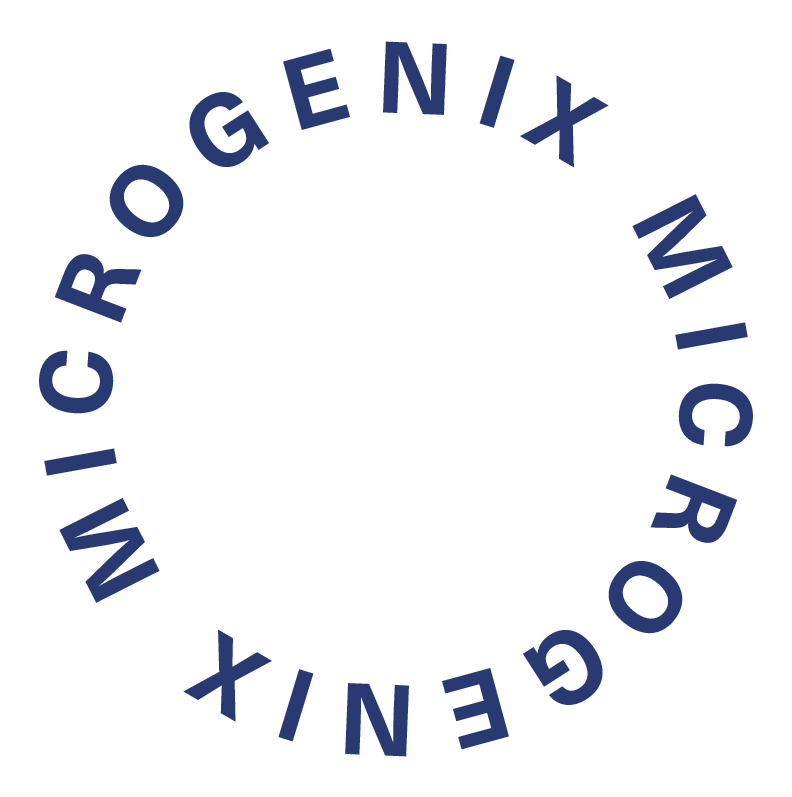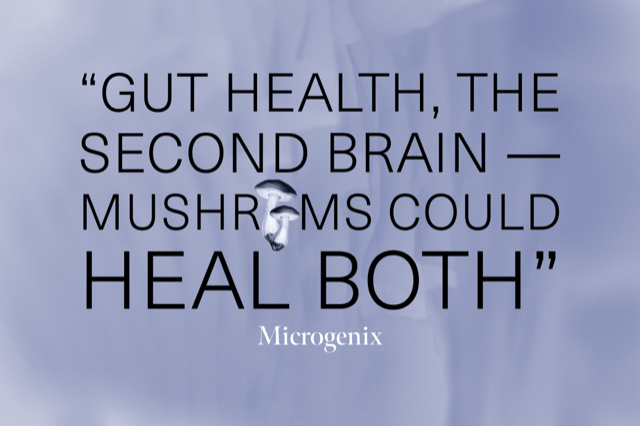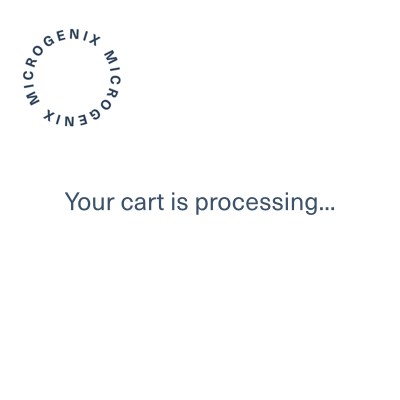Blog
Gut Health, The Second Brain
There are minimal things in life more powerful than the mind as we know it. How we process emotions, how we move, how we live— we rely on this power source to delegate our wellbeing, so what if we have more than one mind to look after? Let’s discuss how more and more Health Activists and Medical Professionals are gearing focus towards one of the world’s most complex ecosystems: the human gut.
Making up trillions of bacteria composing microorganisms in the intestinal tract is the gut microbiome, a widely abundant system that our wellbeing relies on in order to remain healthy. Although we often pin the faults of poor gut health on antibiotic history or food poisoning, things like poor diet, alcohol, lack of sleep, and stress are all common things in daily life that can make an equally significant impact on bad gut health.
Because of the profound complexity of the human gut, the importance of its maintenance has been linked to various things such as:
- Mental health
- Stress regulation
- Immune function
- Hormone levels
- Gastrointestinal health
The list may not even end there! Due to these potential findings, the media has begun naming the gut as powerful enough to be considered the second brain. Although research is ongoing, we can figure that the improvement in certain areas pertaining to gut health can in turn make a positive impact on overall health, mental health included.
Symptoms of poor gut health can look like (and not be limited to):
- Bloating
- Poor digestion
- Constipation/diarrhea
- Chronic fatigue
- Mood imbalances
- Poor sleep
As mentioned above, more research is underway in order to fully grasp the concept of gut maintenance in terms of solving these gut-related issues. What we do know is that there are many inexpensive, easy ways to go about it that may be beneficial. Here are some dietary tips said to help mitigate unpleasant symptoms of a poor gut, as well as improve health as a whole:
Gut Health Maintenance:
1. Diet Diversity
Fruits and vegetables – we know they’re important. Creating a diverse microbial community is vital for gut improvement, although this extends further than just chowing down on greens. Bacteria in the gut can be nourished by plant-based fiber, to which there is a vast range of fibrous elements to include in your diet in order to best allow these microbes to thrive. Nuts, seeds, and legumes are all fiber packed, nutrient-dense foods that assist in bacterial growth. The inclusion of vegetables and fruits, in conjunction with nuts and legumes, creates nutrient diversity that is needed to best supplement as many minerals and nutrients possible. This best allows all different bacteria species the nourishment they require.
In simple terms, incorporating the most plant-based nutrients you can in a meal or throughout the day will kickstart your diet diversity, and increase bacteria health, by creating a colorful ecosystem in return.
2. Probiotic Intake
Probiotics are live microorganisms that benefit gut health by changing microbiome composition. Diet changes and probiotic intake is said to potentially create positive changes in microbial health in just days, giving us insight into how powerful these small changes might be in terms of aiding a compromised gut. Fermented foods such as yogurt, kefir, sauerkraut, kimchi, and kombucha are rich in probiotics, joined by incredible health benefits that also help to increase microbe diversity. Stanford researchers discovered that a 10-week diet high in fermented foods boosted microbiome diversity as well as improved immune response. Others have opted for probiotic supplementation in pill form in order to boost probiotic intake, but you should always speak to a healthcare professional beforehand in order to ensure that this form of supplement won’t interfere with other medications and/or underlying health conditions.
3. Polyphenols
Wine and chocolate to boost health? Sign us up! Polyphenols feed the Bifidobacteria in the gut, a bacteria that assists in bodily functions such as digestion, disease protection, and inflammation prevention. By enhancing the growth of beneficial bacteria, Polyphenols play an important role in gut health. Better yet, you might not know that Polyphenols are found in some of our favorite foods. Dark chocolate (Did someone say Indulge?), red wine (in moderation), and coffee are a few widely enjoyed Polyphenol rich foods that may come with more health benefits than we thought. Since a thriving gut microbiome can provide such helpful health benefits, integrating more Polyphenols in your diet may be able to give you the energy boost you need to kickstart a gut-healing journey. Afterall, we are what we eat!
Gut Health & Mental health:
So where does the second brain come in? Here’s where it gets interesting.
Although the ties between gut health and mental health still remain under observation, we have some reviews worth talking about. There’s been a lot of talk about serotonin and dopamine importance in the microdosing community, and its major impact on mental health. As we know, common antidepressants work by targeting the neurotransmitters in the brain that dictate mood: serotonin and dopamine. The boost of these brain chemicals help to alleviate symptoms of depression and anxiety, thanks to their significant effect on mood, emotion, and sleep. Now, more than 90% of your serotonin and about half of your dopamine, is actually stored in your gut, giving the gut its “second brain” alias it has now. When we take into account the amount of serotonin and dopamine that is stored in the gut, we can begin to assume that optimal gut health may have a bigger effect on mental health than we once imagined. One review actually found notable differences in the gut microbiomes between people with depression and people without. Within this information we can begin to expand our minds into different areas when it comes to mental health, much like we have with microdosing. Although smaller studies have begun to encourage further investigation, there is still much work to be done in order to identify the capabilities of the gut microbiome and its effect on mental wellbeing. Regardless, professionals seem to remain optimistic with the brain-gut connection possibilities, including another study that observed probiotics and how they may affect symptoms of anxiety and depression, finding positive results on all measures of depression symptoms.
Mushrooms for Gut Health:
In comes our favorite nature-bound culprit, the mushroom family. Functional mushrooms carry a great assortment of health benefits, including potential prebiotic qualities that allow good bacteria to flourish. Lion’s mane, Chaga, Turkey Tail and Reishi are some of the functional mushrooms chalk-full of immunomodulatory properties that help boost the immune system, a system that is actually taught by the gut microbiome. Because 70-80% of immune cells are stored in the gut, the two work to support one another in order to create a healthy body as well as improve general metabolism. Many mushrooms carry medicinal metabolites, working as prebiotics that also stimulate gut microbiota by decreasing pathogen levels. Given the many immune-boosting benefits of mushrooms, implementing a dose of functional mushrooms into your daily health regime may offer gut-healing abilities as well as overall improvements in balanced health.
Conclusion:
The horizon is promising in wellness. Looking into the inner workings of the human vessel with a focus on mental health gives us encouraging new ways to care for oneself, while creating a hopeful surrounding around how we may be able to achieve our lifestyle goals moving forward. We always say microdosing is only a small piece of a bigger puzzle, which is why we intend on dedicating our time into uncovering new ways to pursue wellness in a way that tailors to a variety of different needs.
Is there a wellness topic you want to know more about? Get into contact with us so we can continue molding this community into the wide open conversation we know it can be.
Sincerely,
Olive




